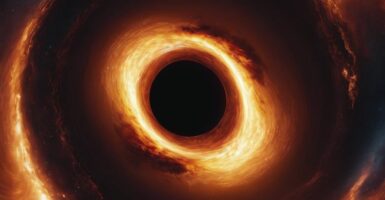Distant Planet Identified By Rancid Odor
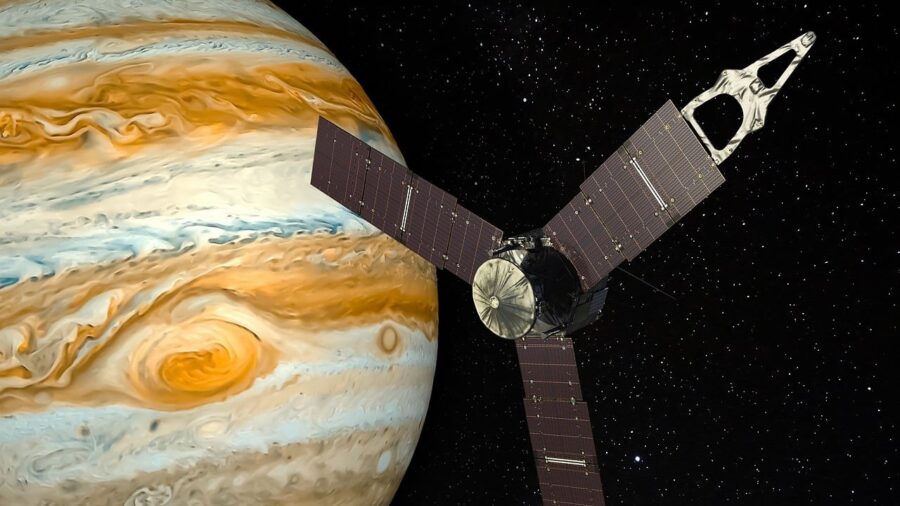
Astronomers announced an interesting fact about the exoplanet HD 189733 b on July 8 that many space enthusiasts might not have been expecting. Along with revelations regarding the gas giant’s physical makeup, the John Hopkins-based scientists concluded that the planet emits one of the foulest odors to the human olfactory sense. Gasses in the planet’s atmosphere combine to give it a sulfur smell that is nearly identical to the odors that are common with rotten eggs.
A Deep-Space Stinker

The newly released article from astronomers gives great detail about the levels of hydrogen sulfide in the planet’s atmosphere, using NASA’s James Webb Space Telescope to gain data to reach their conclusions. Approximately the size of Jupiter, exoplanet HD 189733 b’s horrible planet odor isn’t the only attribute that will keep human life away from it.
Deadly Gases, And Glass Raining Sideways
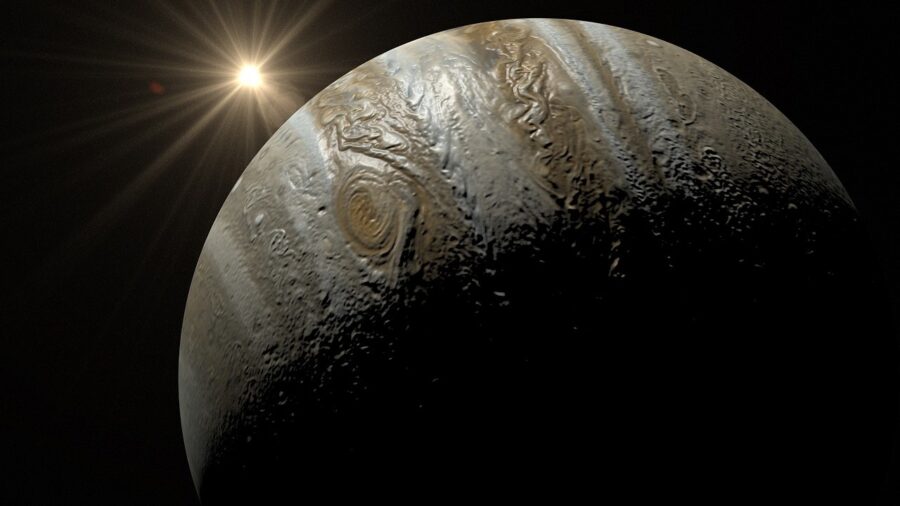
The high levels of carbon dioxide, oxygen, and carbon monoxide help to bake the planet with intense levels of light from a nearby star. If the planet odor weren’t bad enough, the temperatures are lethal. A typical day might see the surface reach 1,700 degrees Fahrenheit.
Accompanying the intense heat are the winds that blow across HD 189733 b. Blowing at more than 5,000 miles per hour, these winds coincide with brutal rainfalls across the planet. But rather than raining water droplets, the surface of the planet is pelted with tiny pieces of glass that the winds blow sideways.
Insight Into The Mysteries Of Gas Giant Formation
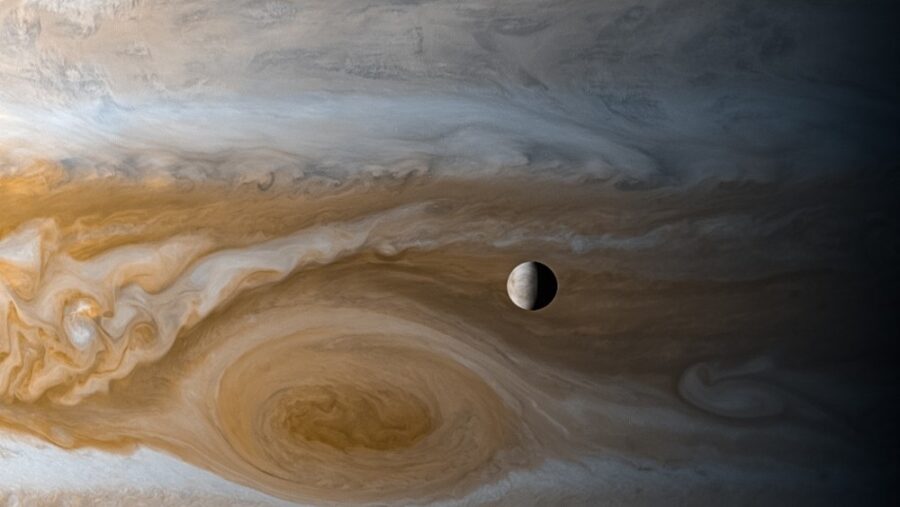
On Earth, the very gas that causes the planet odor for the distant exoplanet can be found among the many different gasses that are expelled from erupting volcanoes. The discovery of hydrogen sulfide on Jupiter, whose surface temperatures can reach over 1,300 degrees Fahrenheit, make the two planets have a lot in common. Astrologists are hopeful that this revelation about the distant exoplanet will lead to the next step in how these gas giants are formed.
Sulfur Does More Than Just Smell
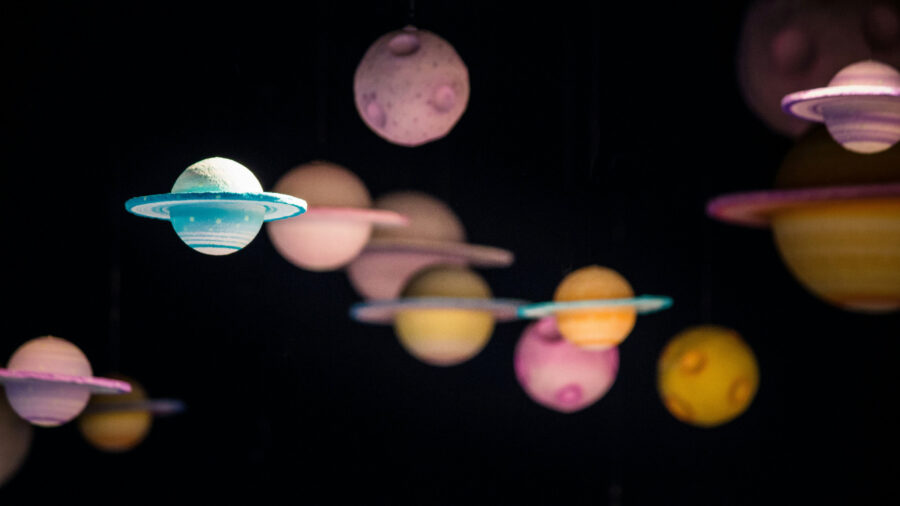
One of the Johns Hopkins team members, astrophysicist Guangwei Fu, details how hydrogen sulfide is the core of the sulfur cycle. He notes that sulfur is a “vital element for building more complex molecules” and that by further studying its existence on other planets, we can potentially uncover how all types of planets are created, as well as what they are built from.
Heavy Metal Fans Will Want To Check Out HD 189733b
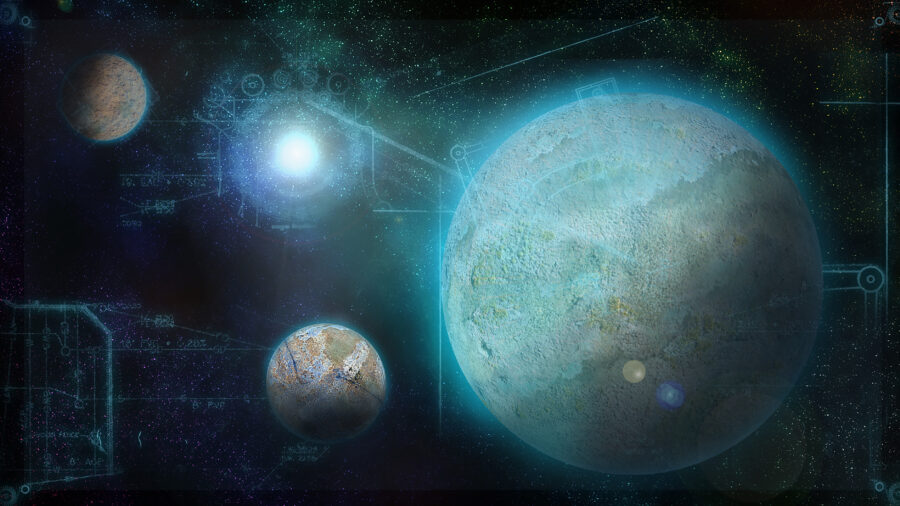
Jupiter and exoplanet HD 189733 b have much of the same heavy metal makeup in common to accompany their similar planet odor. Contrasting the gas giant with other large planets on the outer edges of our solar system, the ice that accumulated early in the formation of Neptune and Uranus allowed for them to contain substantially more elements high in atomic weight. Now that scientists have a planet to compare to Jupiter, they can hypothesize how planets are able to form after the cores have been established, as well as how they can “naturally enhance” themselves with heavy metals.
As for the future, the team of scientists at Johns Hopkins are looking to study other exoplanets to see if they have the same characteristics, and planet odor, as HD 189773 b.
Sources: Nature











